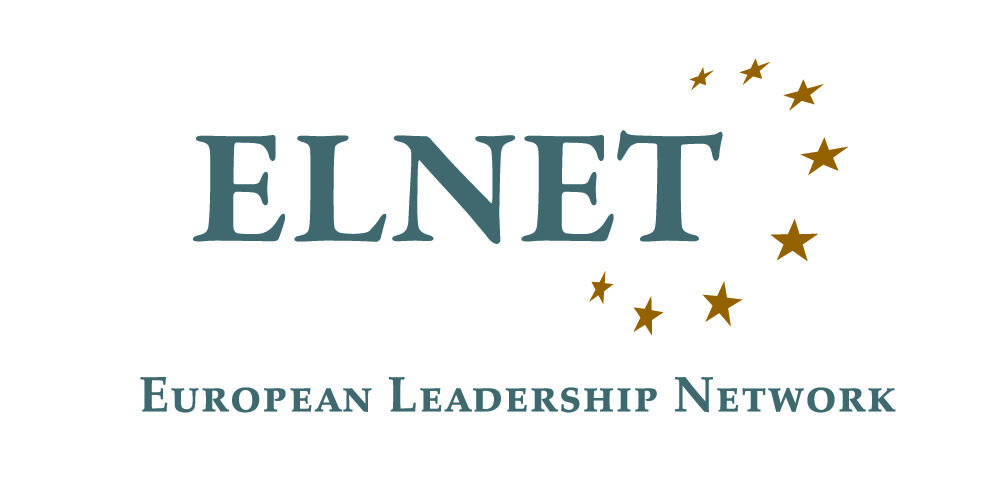On the initiative of ELNET Germany, a group of German and Austrian parliamentarians travelled to Israel as part of a delegation focusing on legal policy issues from 6 to 10 July 2024. Under the leadership of MP Elisabeth Winkelmeier-Becker, Chair of the Legal Affairs Committee of the German Bundestag, the delegation participants dealt with the classification of the Hamas-Israel war under international law and the domestic political debates surrounding the judicial reforms planned in Israel before the Hamas attack happened.
The consequences of terror and the ongoing war still shape the Jewish state. In addition, the clashes with Hezbollah are fuelling fears of further escalation. In this situation, it was important for the members of parliament to visit places where the terror that occurred on October 7th is still omnipresent. After a visit to the grounds of the Nova Festival, the delegates travelled to Kibbutz Be’eri and spoke with those affected. Police spokesman Micky Rosenfeld reported on the evacuation of the city of Sderot and the lessons learned for police work from the terror attacks. The delegation then convened at the Hostages Square in Tel Aviv where they met with families of the hostages who have been in Hamas captivity for more than nine months.
In exchange with the embassies of the Federal Republic of Germany and the Republic of Austria, the proceedings against Israel and individual Israeli government representatives before the ICJ and the ICC were discussed. Germany and Austria are signatories of both institutions; however, it was also pointed out that the crimes committed by Hamas should never be equated with Israeli self-defense. The delegation members also engaged in a conversation with international law expert Prof. Robbie Sabel about the complex situation of the Israel-Hamas war under international law. It was deduced that, in order to assert Israel’s legitimacy and sovereignty on the international stage, compliance with legal standards is important. However, many UN resolutions are not legally binding and are not fully followed by other states.
Talks with representatives of the International Law Department of the IDF focused on how compliance with international law standards is implemented in practice in military operations. The selection and engagement of military targets while minimizing civilian casualties is a particular challenge in the current Hamas-Israel war. Any violation of rules of engagement will be investigated and punished according to constitutional standards. An exchange with Colonel (Res.) Maya Heller, a former judge at a military court, gave the delegates an understanding of the structure of the Israeli military justice system by explaining that within this system judges are assisted by jurors from the ranks of the IDF.
The MPs also met with Elyakim Rubinstein, who served as a judge at Israel’s Supreme Court from 2004 to 2017. He spoke on the intense debate about the controversial judicial reforms with which the Netanyahu government had tried to curtail the powers of the Supreme Court prior to the war. On July 24, 2023, the Knesset adopted a key point of the reforms with the abolition of the “reasonableness clause”. However, more far-reaching reform proposals receded into the background after the attacks of October 7th.
The future of UNRWA was another focal point to be discussed by the parliamentarians. MK Sharren Haskel, Chair of the UNRWA Working Group of the Knesset, spoke with the delegation members about the role of the organization in Gaza’s education system, among other things. Its close ties with Hamas are not only a big problem for Israel, but for the local population as well, according to the unanimous opinion of delegates. Germany and Austria, as major donors, should urgently push for reforms.
Since October 7th, legal issues have played a prominent role in debates about the Hamas-Israel war. The proceedings against Israel and high-ranking government representatives before the ICJ and the ICC are highly complex. In this regard, education is essential. Even though the domestic political debate on judicial reforms has subsided, the balance between parliament, government and Supreme Court remains fragile. Changes in this area can quickly turn into political issues that stir up the domestic Israeli debate once again.
Watch interviews with two participants of this delegation below:

